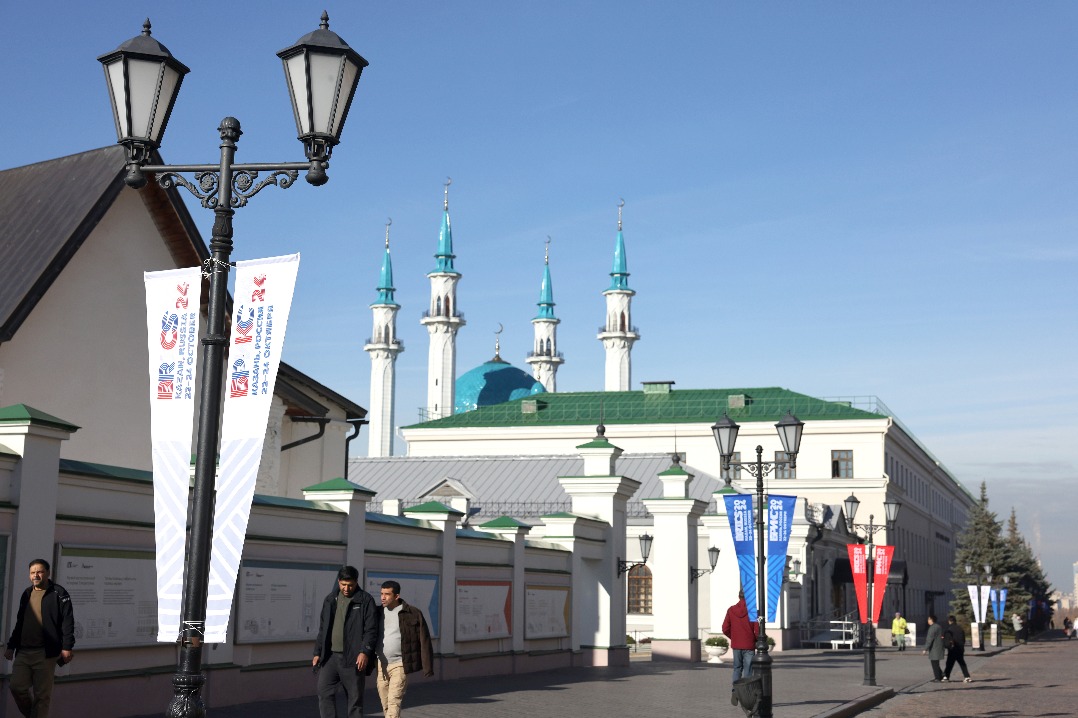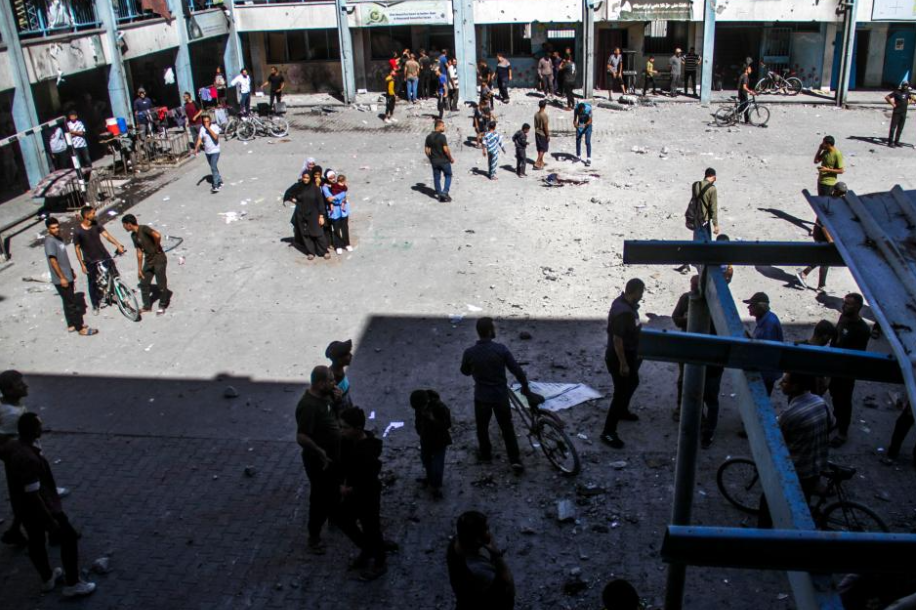Protests sweep India over rape and murder of doctor


KOLKATA — Holding candles, hundreds of thousands of women marched through the night in cities across India to protest the brutal rape and murder of a young female doctor in a hospital that has fueled anger over a lack of safety for women despite tough new laws.
A 31-year-old trainee doctor was raped and murdered inside the medical college in Kolkata where she worked last Friday, triggering nationwide protests among doctors and drawing parallels to the notorious gang rape and murder of a 23-year-old student on a moving bus in New Delhi in 2012.
"We have come here to demand justice because even I have a daughter. I am scared to send her anywhere ... I am scared to send my daughter to study," said Rinky Ghosh, who took part in a protest in Kolkata. "So I am here today because something ... must be done, this injustice must stop."
The doctor had retired to sleep on a piece of carpet in a seminar room in the R. G. Kar Medical College after a marathon 36-hour shift, given the lack of any dorms or resting rooms for doctors on the premises, her colleagues told Reuters.
She was found dead on Friday. Police said she had been raped and murdered and a police volunteer was subsequently arrested in connection with the crime.
Many government hospitals in cities across India suspended all services except emergency departments earlier this week, as junior doctors sat outside in protest, demanding justice.
The victim was found bleeding from her eyes and mouth, with injuries to her legs, stomach, ankles, right hand and finger, a doctor's inquest report on Aug 9 that was accessed by Reuters said.
In protests called "Reclaim the Night", women marched across several Indian cities from midnight on Wednesday, on the eve of the country's 78th Independence Day, to protest against the lack of safety for women in India.
"As a society, we have to think about the atrocities being committed against our mothers, daughters and sisters. There is outrage against this in the country. I can feel this outrage," Prime Minister Narendra Modi said in an Independence Day address to the nation on Thursday.
The 2012 Delhi rape case was seen as a turning point in attitudes toward women's safety in Indian society. It triggered huge protests and was the catalyst for rapid change in laws tackling crimes against women.
These included fast-track courts for swifter convictions in such cases.
Crimes against women in India rose 4 percent in 2022 from the previous year, data released late last year from the National Crime Records Bureau showed.
Agencies via Xinhua
































